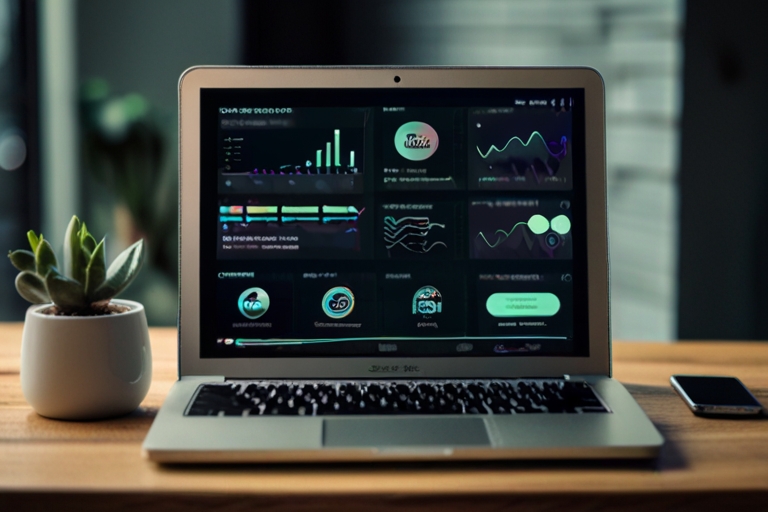In 2023-2024, digital marketing for e-commerce platforms continues to evolve in response to shifting consumer behaviors, technological advancements, and market trends. Let’s explore the current state of digital marketing for e-commerce with the latest trends and statistics.
1. Social Commerce Continues to Grow
Social commerce has become increasingly prominent, with platforms like Facebook, Instagram, and TikTok becoming key drivers of e-commerce sales. According to eMarketer, global social commerce sales are projected to reach $2.6 trillion by the end of 2024, demonstrating the continued growth and importance of social media in the e-commerce landscape.
2. Expansion of Influencer Marketing
Influencer marketing remains a valuable strategy for e-commerce brands to reach and engage with their target audience. Research from Influencer Marketing Hub shows that 63% of marketers intend to increase their influencer marketing budgets in 2023-2024. Additionally, 67% of consumers have reported making a purchase based on an influencer recommendation, indicating the significant impact of influencer marketing on consumer behavior.
3. Emphasis on Video Content
Video content continues to dominate digital marketing strategies for e-commerce platforms. With the rise of short-form video platforms like TikTok and Instagram Reels, brands are increasingly using video to showcase products and engage with their audience. According to HubSpot, 85% of businesses use video as a marketing tool, up from 61% in 2020.
4. Personalization and Customer Experience Remain Key
Personalization remains a priority for e-commerce brands seeking to enhance the customer experience. Research from SmarterHQ indicates that 80% of consumers are more likely to make a purchase from a brand that offers personalized experiences. E-commerce platforms are leveraging AI and data analytics to deliver personalized recommendations, targeted messaging, and tailored shopping experiences.
5. Mobile Optimization Essential for Success
With the increasing prevalence of mobile devices, mobile optimization is essential for e-commerce success. Statista reports that mobile e-commerce sales are expected to account for 75% of total e-commerce sales by the end of 2024. E-commerce platforms must prioritize mobile-friendly design, fast loading times, and seamless checkout experiences to cater to the growing number of mobile shoppers.
6. AI-Powered Marketing Strategies
Artificial intelligence (AI) continues to revolutionize digital marketing for e-commerce platforms. AI-driven technologies enable advanced analytics, chatbots, and personalized recommendations, helping brands understand customer behavior and optimize marketing campaigns. According to Gartner, 40% of all digital transformation initiatives will be supported by AI technologies by 2024.
7. User-Generated Content Drives Engagement
User-generated content (UGC) remains a powerful tool for building trust and credibility with consumers. Bazaarvoice reports that 90% of consumers say UGC influences their purchasing decisions. E-commerce platforms are encouraging customers to share reviews, photos, and videos of their purchases, fostering a sense of community and authenticity.
Conclusion
In 2023-2024, digital marketing for e-commerce platforms is characterized by the continued growth of social commerce, the expansion of influencer marketing, the dominance of video content, the emphasis on personalization and customer experience, the importance of mobile optimization, the adoption of AI-powered marketing strategies, and the impact of user-generated content. By staying abreast of these trends and leveraging them effectively, e-commerce brands can drive sales, engage customers, and remain competitive in an ever-evolving digital landscape.

